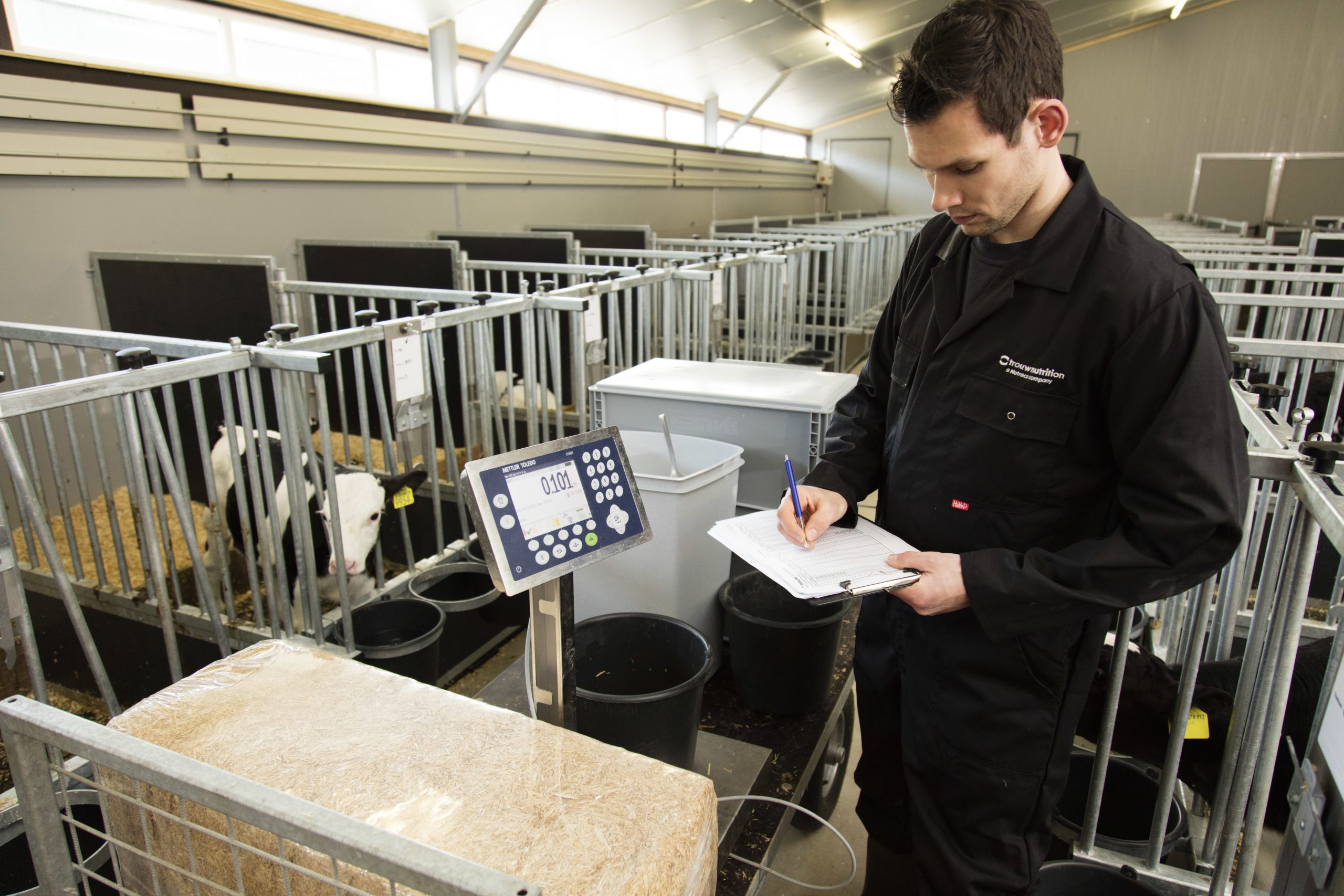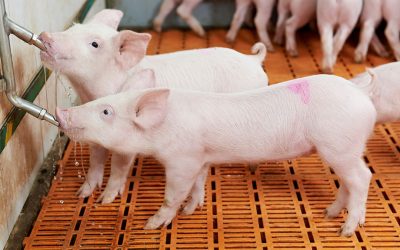Early nutrition for calves: New research data

Early life nutrition has a significant impact on the animal’s lifetime performance. This is according to new data from Trouw Nutrition.
The company released mid-term results of a pioneering study (LifeStart) and revealed that calves which have received optimised feed are showing improved changes to their metabolism. The study, which follows 86 individual calves, supports the importance of finding new ways to increase production sustainability by maximising the healthy lifetime productivity of livestock.
Also read: Strong heifers through optimised nutrition.
Many marked differences
The longitudinal study follows 86 individually housed calves receiving either a traditionally low- level of calf milk replacer, CMR, (0.6 kg/d); or an optimised level (1.2 kg/d) in line with the LifeStart Program. Calves were weaned at 56 days of age and group housed at 70 days of age and thereafter provided the same diet and management, with various health, performance and metabolic parameters monitored and measured as they progressed through the production cycle. Importantly, factors such as parity of mother and colostrum feeding were controlled to ensure any effects could be attributed to plane of nutrition only. The preliminary results revealed many marked differences between the two groups. Calves on the optimised LifeStart feeding plan showed sustained metabolic adaptations that remained even 9 months after weaning. These include those involved in vital pathways like energy, protein and microbial fermentation.
Also read: Cow bullying reduced with new feeders
Significant carry-over effects
The link between early nutrition and later performance is a hot topic, with previous research suggesting it has the potential to transform health and productivity of dairy cows. However, until now the mechanism underlying this phenomenon has not been fully understood, preventing its application to practical farm solutions. Researcher Leonel Leal who is in charge of the 5-year longitudinal study summarises the key findings so far: “It’s clearer than ever that what you feed a calf in those first 60 days of life helps determine her future, and that metabolic programming plays a substantial role in that. The data shows that pre-weaning nutrition has significant carry-over effects on longer-term metabolic functions as well as on a variety of growth, development and performance parameters. By understanding the mode of action, we can better harness the benefits of optimised nutrition for our farms.”

Huge step forward
Dr Michael Steele, assistant professor at the University of Alberta, Canada believes research in this area marks a huge step forward for the industry: “Traditionally we have restricted feeding for calves based on a misconception that this is cost effective. However, we now know that optimising calf rearing and feeding in those first few weeks of life offers a huge opportunity to improve long-term cow health, welfare and performance. But we need to move away from focusing on short term goals and evaluate success in the context of the bigger picture. Research into the impact of early life nutrition is one of the most significant advances in dairy nutrition of our time, with the potential to revolutionise attitudes to calf rearing.”











